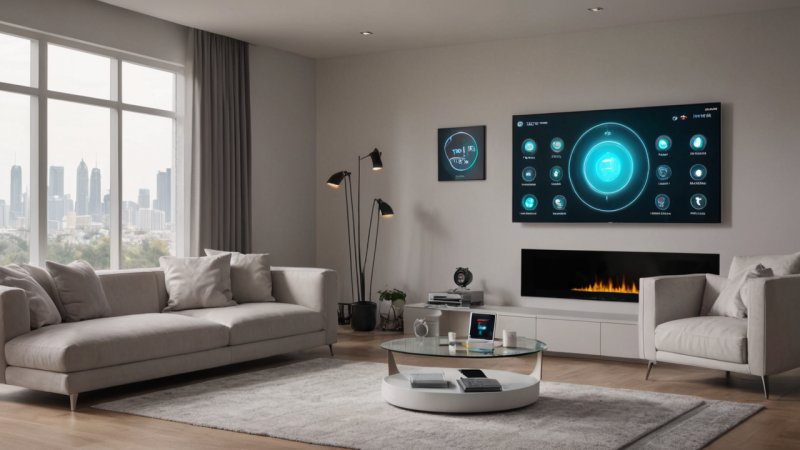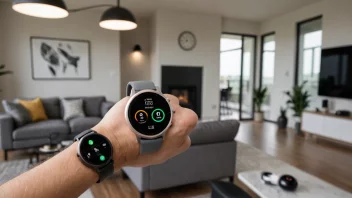What is Artificial Intelligence in Smart Home Devices?
Artificial Intelligence (AI) refers to the simulation of human intelligence in machines. In smart home devices, AI enhances automation, learning capabilities, and user interaction, making homes more efficient and convenient.
How does AI improve the functionality of smart home devices?
AI enhances smart home devices by enabling them to learn from user behavior, adapt to preferences, and make decisions based on data. For example, AI can optimize heating and cooling schedules based on when residents are home, reducing energy consumption.
What are some common smart home devices that utilize AI?
- Smart Thermostats: Devices like Nest learn your heating and cooling preferences over time.
- Smart Speakers: Amazon Echo and Google Home can understand voice commands and respond intelligently.
- Smart Security Systems: Cameras with AI can differentiate between familiar faces and potential intruders.
Can AI in smart home devices enhance security?
Yes, AI can significantly enhance security. Smart cameras and alarm systems utilize AI to recognize patterns, detect unusual activity, and send alerts in real-time, providing homeowners with peace of mind.
Are there privacy concerns with AI in smart homes?
Privacy concerns are valid as AI devices often collect data to improve functionality. Users should understand their devices' data policies and take steps to secure their networks.
How can AI contribute to energy efficiency in homes?
AI can analyze energy usage patterns and suggest optimizations, such as when to run appliances or adjust heating and cooling systems, leading to lower energy bills and a reduced carbon footprint.
What are the future trends of AI in smart home technology?
Future trends may include more advanced personalization, better integration across devices, and improved interoperability. As AI technology evolves, we can expect smarter, more intuitive home environments.






